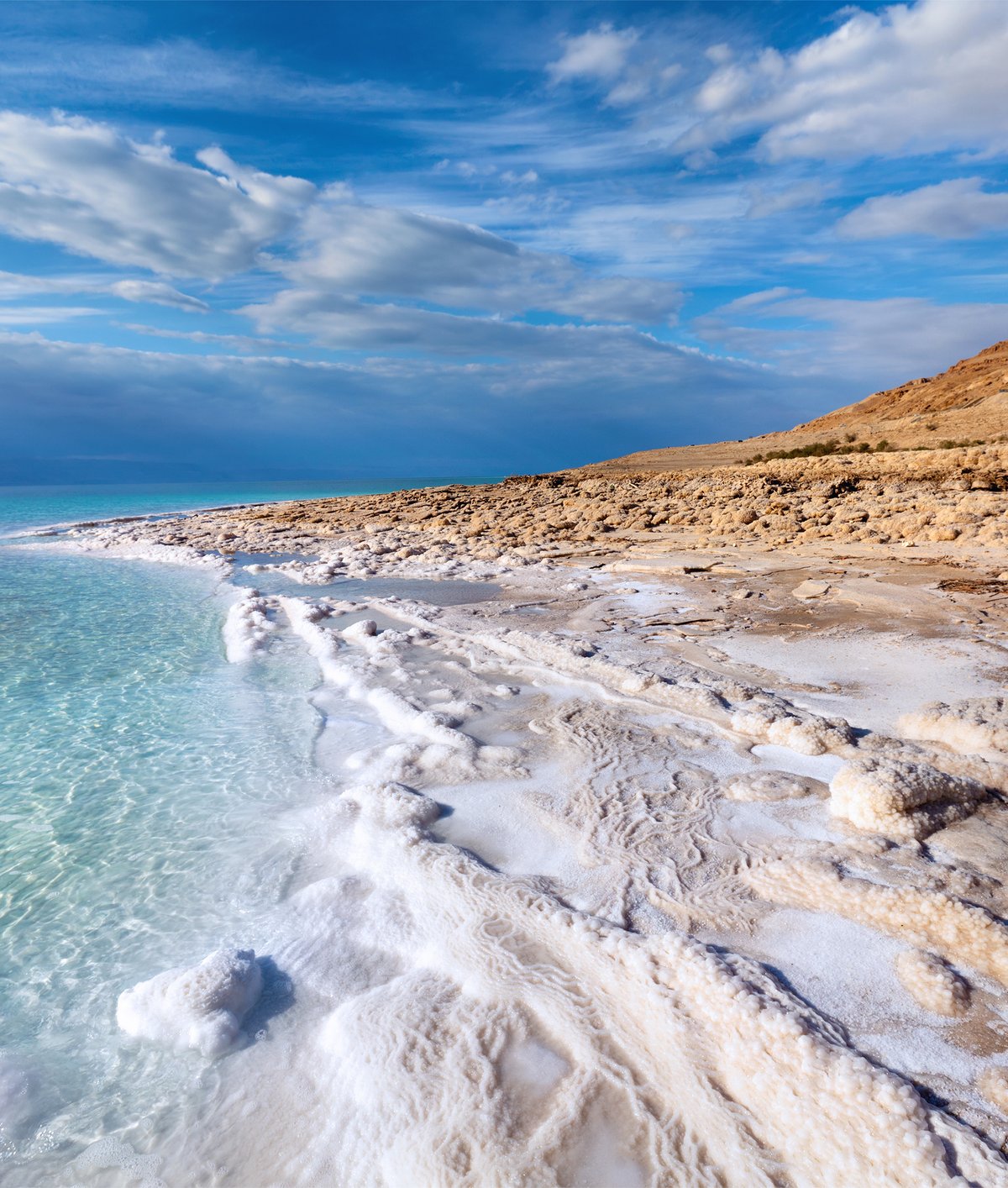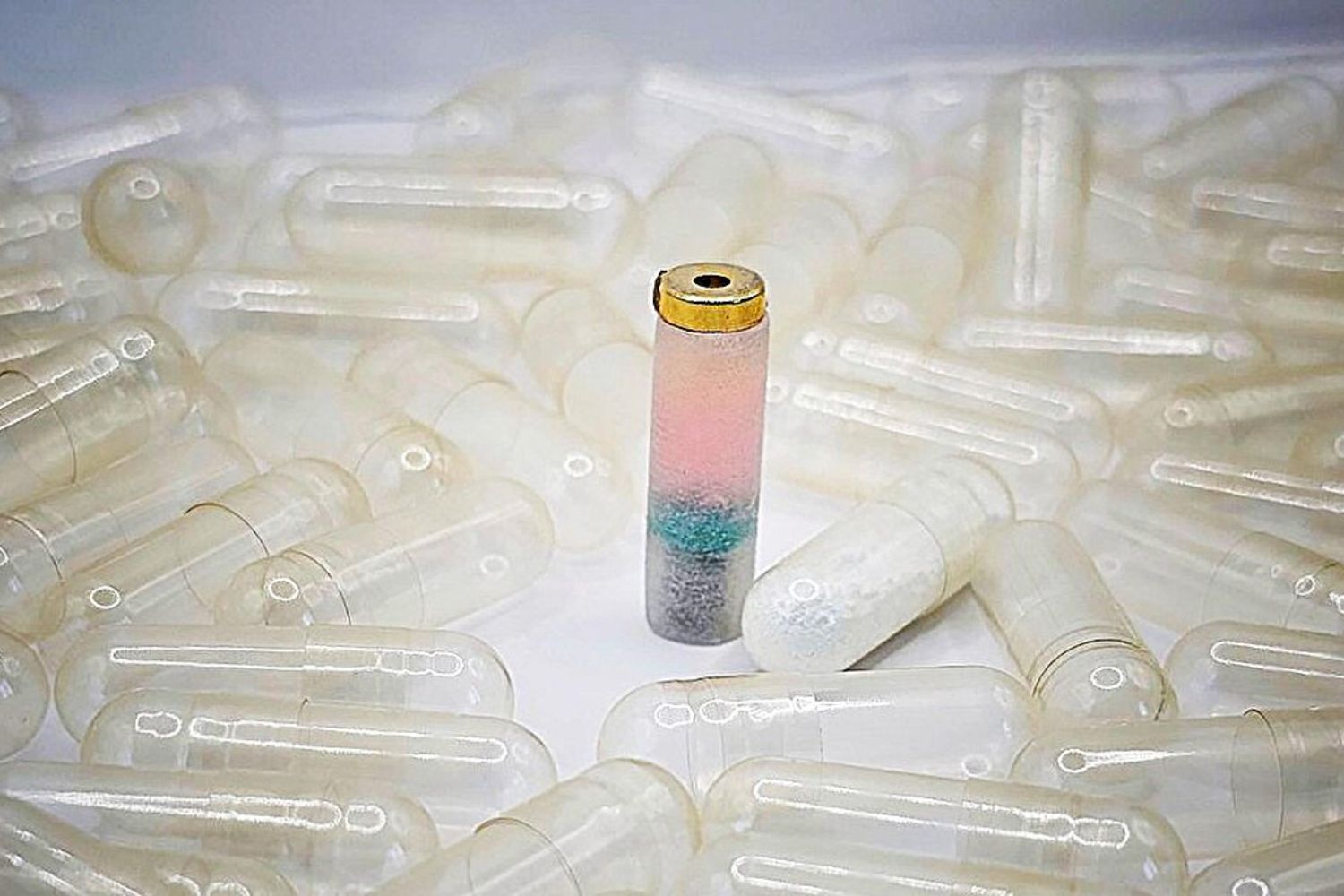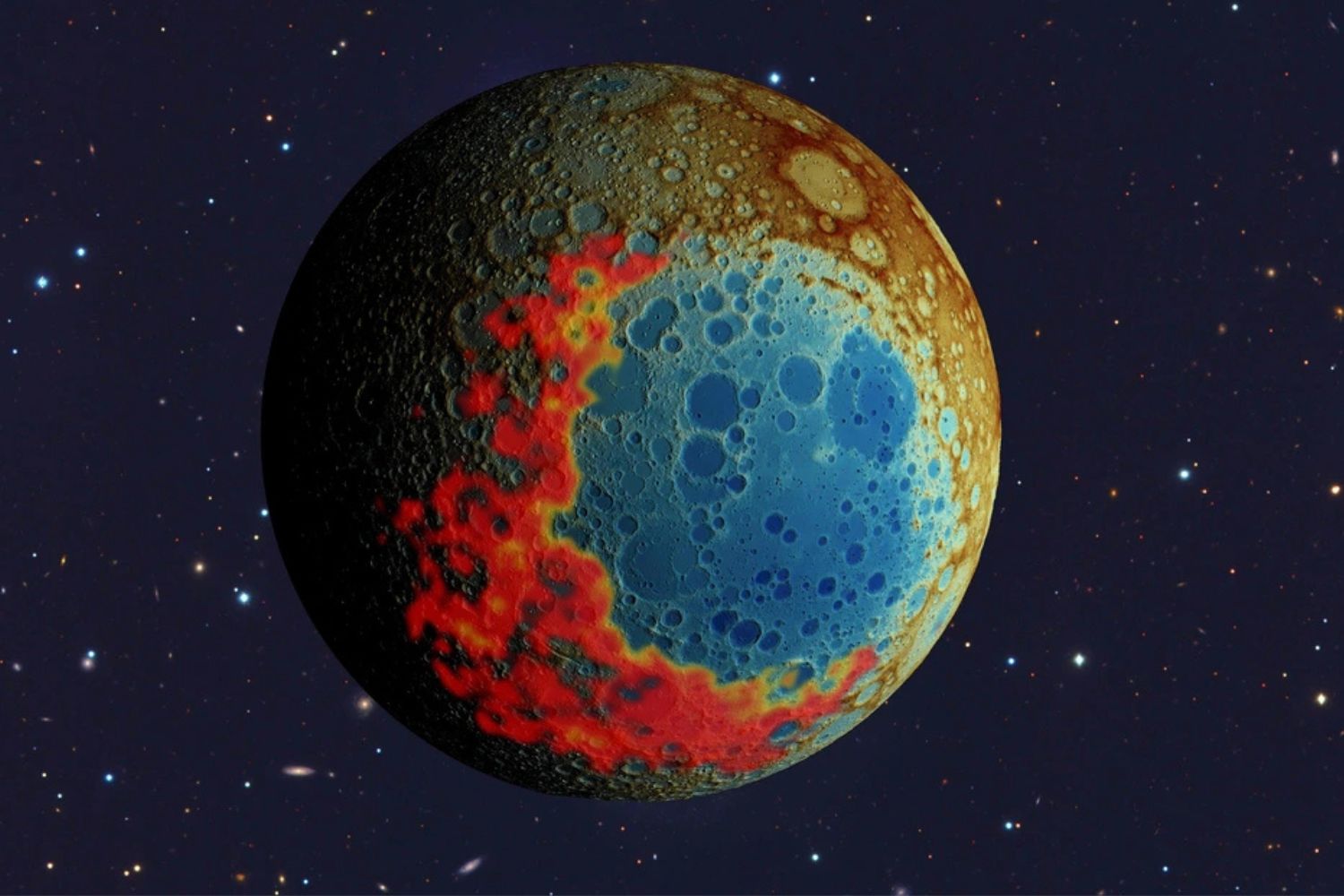It’s not just your blood pressure that salt can harm. There are studies analyzed the effects of increasing ocean salinity and the effects of this imbalance on areas such as planetary climate and biological survival.
Everything in the universe needs balance to function. Small changes in environmental components can have major effects on life and the climate of our planet.
When this imbalance occurs in the oceans, the effects can be global and contribute not only to the extinction of important marine, coastal and estuarine fauna and flora species, but also as a mechanism to accelerate the effects of global warming. Understand How ocean salinity may contribute to Earth’s climate and its effects on marine and terrestrial life.
Mitigating global warming
Sea waters have different salt concentrations depending on the region they are located in. For example, the Baltic Sea has the lowest salinity among the seas on our planet, with a salinity rate of 10 grams per liter, The Dead Sea contains an incredible 300 grams of salt per litre!
However, on global average, the salinity of the seas varies between 30 and 35 grams per litre of water. This variation is caused by the availability of fresh water as a result of rivers, rainy areas and even floods which cause the “dilution” of the salt water and lower the salinity levels.

This change is more or less Could be equally damaging to the world’s climateOur world lives in a large interconnected system that depends on all components functioning properly to remain active.
From this perspective, studies have shown that the increase in ocean salinity contributes to the progression of global warming by changing the physical-chemical properties of water and lowering its melting point.
Pure water freezes at 0°C, but when salt is added it needs to cool further to reach the same state. Thus, sea water freezes at a temperature of -1.8°C within the usual salinity parameters..
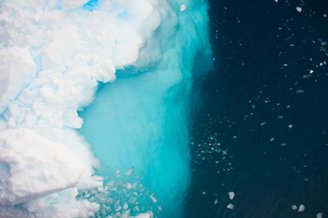
Therefore, when salt concentrations are very high, an even lower temperature is required to keep these water bodies from freezing. This phase change also slows down, making ice formation more difficult..
Our planet’s ability to form ice is essential for climate stability. It is these frozen masses that contribute to maintaining the rate of heat reflection on our planet and cool the Earth’s surface.
In short, the Sun radiates heat to us, much of this radiation is captured by our atmosphere, but we have regulators such as ice that reflect some of this “heat” provided by the Sun back into the outer atmosphere.
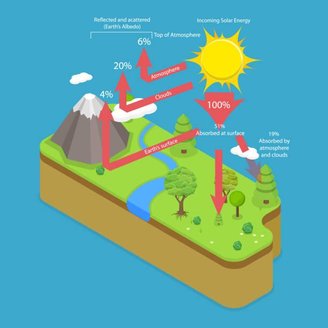
If the salinity of the oceans increases, their ability to produce ice or maintain existing ice decreases, resulting in increased temperatures and causing imbalances not only in the Earth’s climate but also in marine life and neighboring ecosystems.
A salty life
Making things less cold is just one outcome. Life in the oceans, estuaries, mangroves, and other neighboring ecosystems depends on salinity to feed, survive, and reproduce.
Small changes can be well tolerated by some species, but corals, for example, are extremely sensitive to temperature changes.
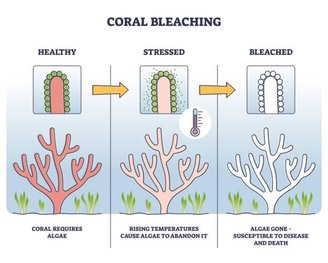
As oceans become saltier, some animals may disappear or migrate from area to area. Animal disappearances could affect not only marine predators but also humans, affecting fishing and seafood harvesting practices.
But it doesn’t end there Salinity can also change the speed and direction of sea currents.Salt makes water denser, so water with a lower salt concentration tends to “sink” as it rises.
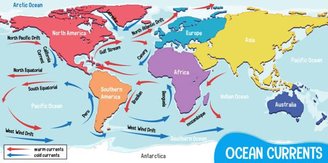
This change in density can change the speed of the current, but also alter its orbital dynamics, which can lead to a “cut-off” of nutrient sources and regulation of ocean temperatures.
So the increase in ocean salinity is not just a curiosity, it is a phenomenon that has a profound impact on Earth’s climate and the life that lives there.
Want to learn more about the oceans, Earth’s climate and their impact on human life? Then find out why; the subduction zone that could create a ‘Ring of Fire’ and swallow the Atlantic Ocean. More on that later!
Source: Tec Mundo
I’m Blaine Morgan, an experienced journalist and writer with over 8 years of experience in the tech industry. My expertise lies in writing about technology news and trends, covering everything from cutting-edge gadgets to emerging software developments. I’ve written for several leading publications including Gadget Onus where I am an author.






